Tribinoid is a product composed of three different cannabinoids.
Cannabinoid cannabidiol (CBD)
Cannabidiol (CBD) is a phytocannabinoid discovered in the 1940s. It is one of 113 identified cannabinoids in cannabis plants, along with tetrahydrocannabinol (THC), and makes up to 40% of the plant’s extract.
Although the exact mechanism and range of effects of THC and CBD are not fully understood, it has been demonstrated that CBD has analgesic, anticonvulsant, muscle relaxant, anxiolytic, neuroprotective, antioxidant, and antipsychotic activity. This broad spectrum of effects is likely due to its complex pharmacological mechanisms. In addition to binding to CB1 and CB2 receptors of the endocannabinoid system, there is evidence that CBD activates serotonergic 5-HT1A receptors and vanilloid receptors TRPV1-2, antagonizes alpha-1 adrenergic and µ-opioid receptors, inhibits synaptosomal uptake of noradrenaline, dopamine, serotonin, and gamma-aminobutyric acid, affects mitochondria, stores Ca2, blocks low-voltage-activated Ca2 channels (T-type), stimulates inhibitory glycine receptors, and inhibits fatty acid amide hydrolase (FAAH) activity [A31555, A31574].Cannabidiol is a phytocannabinoid derived from Cannabis species that does not have psychoactive activity and has analgesic, anti-inflammatory, antineoplastic, and chemopreventive effects. After administration, cannabidiol (CBD) exerts its antiproliferative, antiangiogenic, and pro-apoptotic activity through various mechanisms that probably do not involve the signaling of cannabinoid receptor 1 (CB1), CB2, or vanilloid receptor 1. CBD stimulates endoplasmic reticulum (ER) stress and inhibits AKT/mTOR signaling, thereby activating autophagy and promoting apoptosis. Additionally, CBD increases the production of reactive oxygen species (ROS), which further enhances apoptosis. This agent also increases the expression of intercellular adhesion molecule 1 (ICAM-1) and tissue inhibitor of matrix metalloproteinase-1 (TIMP1) and reduces the expression of DNA binding inhibitor 1 (ID-1). This inhibits the invasiveness and metastasis of cancer cells. CBD may also activate transient receptor potential vanilloid type 2 (TRPV2), which can increase the uptake of various cytotoxic agents in cancer cells. The analgesic effect of CBD is mediated by its binding to and activation of CB1 receptors.
Source:
https://en.wikipedia.org/wiki/Cannabidiol
https://pubchem.ncbi.nlm.nih.gov/compound/644019
The cannabinoid cannabigerol (CBG)
Cannabigerol (CBG) is one of more than 120 identified cannabinoid compounds found in the Cannabis plant genus. Cannabigerol is the decarboxylated form of cannabigerol acid, the parent molecule from which other cannabinoids are synthesised. Cannabigerol is a minor constituent of cannabis. During plant growth, most of the cannabigerol is converted to other cannabinoids, primarily tetrahydrocannabinol (THC) or cannabidiol (CBD), leaving about 1% of the cannabigerol in the plant.
Cannabigerol is under laboratory research to determine its pharmacological properties and potential effects in disease conditions. Unlike the main psychoactive cannabinoid THC, cannabigerol antagonizes CB1 receptors and is both an alpha2-adrenoceptor agonist and a mild 5HT1A receptor antagonist. Cannabigerol shows binding affinity for CB1 and CB2 and has been evaluated in laboratory models of colitis. It has antibacterial properties.
Source:
https://en.wikipedia.org/wiki/Cannabigerol
https://pubchem.ncbi.nlm.nih.gov/compound/5315659
The cannabinoid cannabinol (CBN)
Cannabinol – CBN is a substance from the class of cannabinoids contained in plants of the genus Cannabis.It is a metabolite of tetrahydrocannabinol (THC), i.e. it is formed by the gradual degradation of THC in the presence of oxygen. It acts as a weak agonist at CB1 CB2 cannabinoid receptors with a lower affinity compared to THC. The psychoactive effects are similar to those of THC, but a several times larger dose is needed to achieve them.
Cannabinol is a cannabinoid isolated from the Cannabis plant, which is a metabolite of tetrahydrocannabinol (THC) and has potential immunosuppressive and anti-inflammatory effects. Cannabinol preferentially binds to the G-protein coupled cannabinoid receptor CB2, which is mainly expressed on various immune cells such as T-cells, B-cells, macrophages and dendritic cells. Stimulation of CB2 receptors by cannabinol can induce apoptosis in these cells and inhibit the production of various cytokines. Cannabinol shows minimal affinity for CB1 and has a weak effect on the central nervous system.
Source:
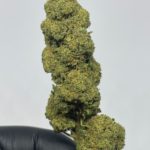


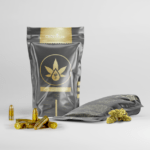






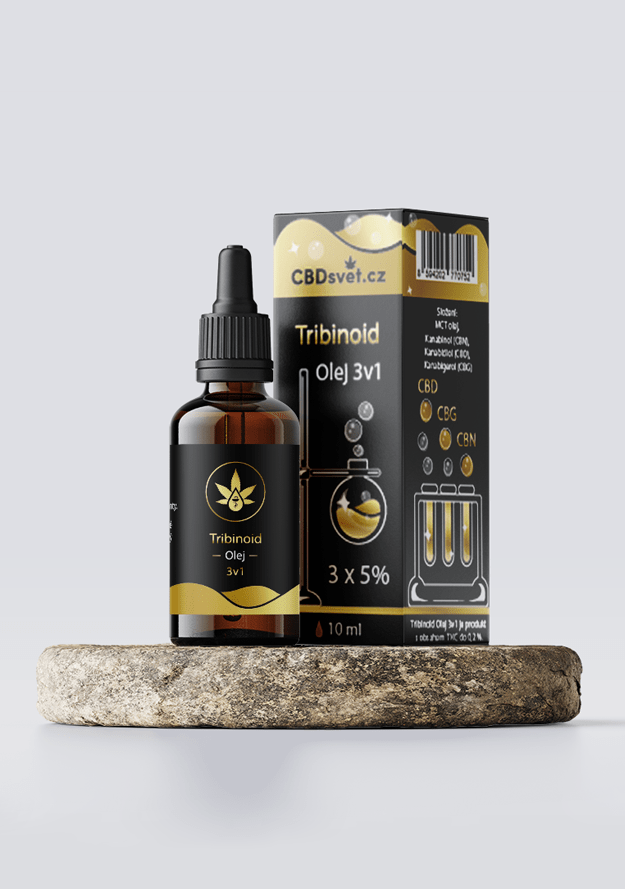
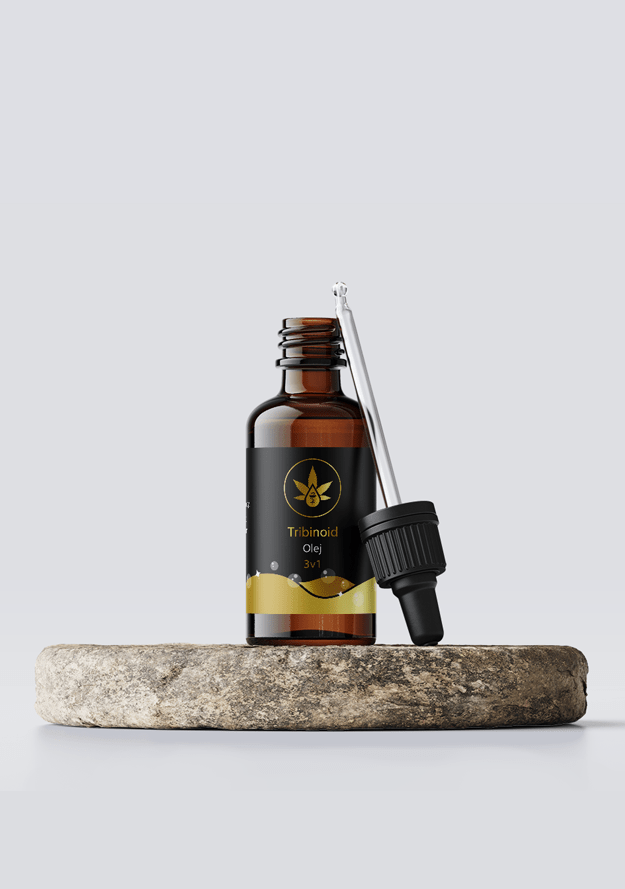
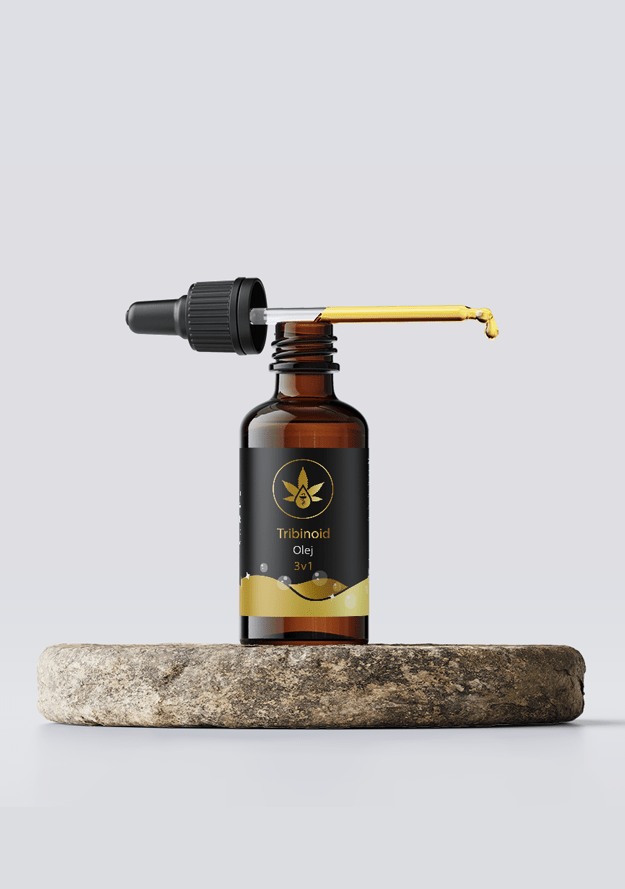
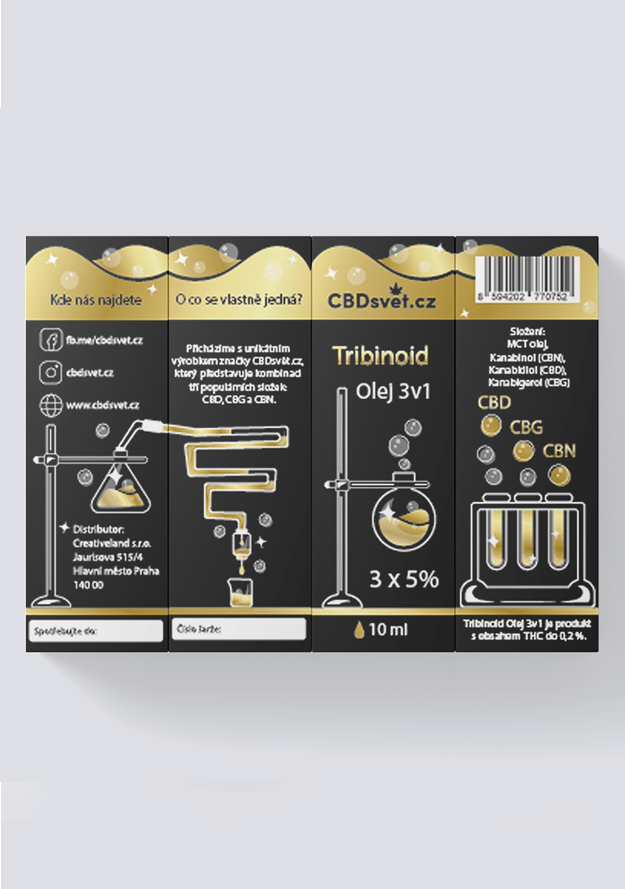
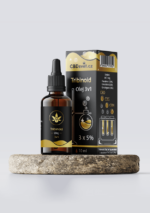


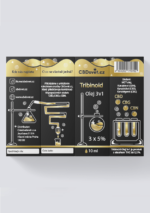
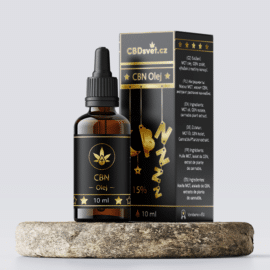


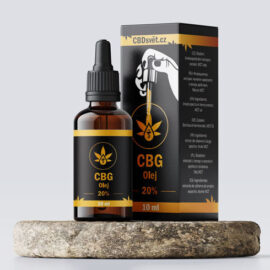
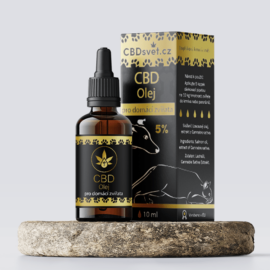
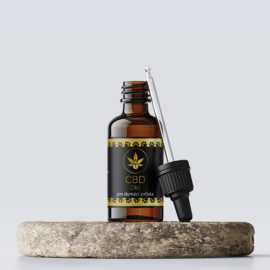

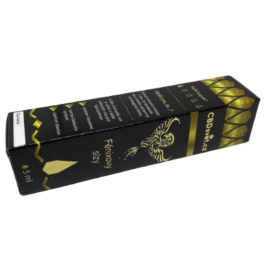

Reviews
There are no reviews yet.